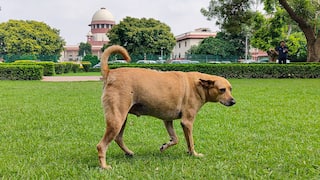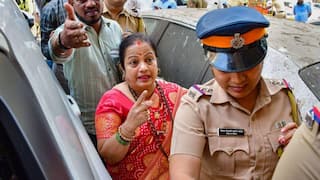Mangal Pandey Birth Anniversary: The Catalyst Of 1857 Sepoy Mutiny
In 1857, Mangal Pandey killed two British officers, asked the other soldiers in his group to start a riot, and attempted to shoot himself in the head when he was captured.

Mangal Pandey Birth Anniversary: Born on July 19, 1827, Mangal Pandey was a soldier who played an important role in the events immediately preceding the outbreak of the 1857 revolt or the Indian uprising against the British, which was later termed India's first war of independence. He was a sepoy in the Bengal Native Infantry's 34th Regiment of the British East India Company.
Mangal Pandey Early life: Mangal Pandey was born to a Brahman land-owning family. According to some reports, Pandey enlisted in the British East India Company's army in 1849 after being recruited by a brigade that passed by. He was enlisted as a soldier (sepoy) in the 34th Bengal Native Infantry's 6th Company, which had a sizable Brahman component. Being ambitious, Pandey saw his work as a sepoy as a stepping stone for future success.
Mangal Pandey’s Role In 1857 Revolt:
There are several perspectives on what occurred on March 29, 1857. However, it is widely acknowledged that Mangal Pandey killed two British officers, asked the other soldiers in his group to start a riot, and attempted to shoot himself in the head when he was captured. Later, on April 18, he was sentenced to death by hanging.
In order to avoid more disturbances, the British government executed him 10 days earlier, on April 8. At the age of 29, he passed away, sparking one of India's most significant uprisings against British rule.
Mangal Pandey acknowledged in court that he had acted alone and without assistance, but the entire company was disbanded on the grounds that the other soldiers were not present when the British officers were killed and were therefore unreliable.
The uprising lasted until 1858 but was ultimately put down and it marked a significant turning point in Indian history. In India's fight for independence, Mangal Pandey served as the catalyst.
The East India Company was dissolved by the British government and direct British rule was established over India. Queen Victoria was also crowned Queen of India. The Government of India Act 1858 came into force.
Related Video
Breaking News: Maharashtra Politics Shifts: Congress Suspensions Boost BJP Ahead of Local Body Polls





































